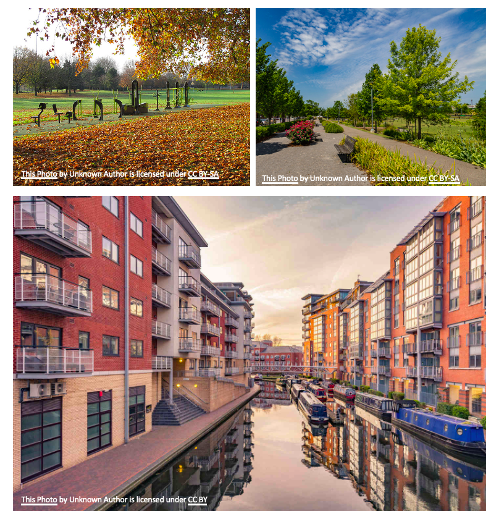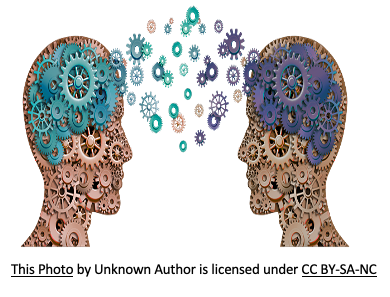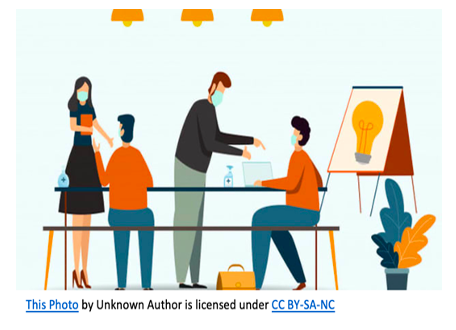What is a policy fellowship and why is it important?
In 2021, the Centre for Urban Wellbeing (CUWb) launched its pilot policy fellowship scheme, giving policy makers a platform to engage directly with academics, to work towards the creation of equitable urban spaces, through the sharing of knowledge.
This is not the first of its kind, with University’s such as Cambridge and Bath already having one in place. The UK government now spends £13.1 billion a year to fund academic research and the knowledge exchange process, demonstrating the value of schemes which facilitate this type of policy engagement (ONS, 2021).
The scheme works by matching policy professionals with academics in order to address a specific topic or problem. It involves a scoping interview and guided meeting process and is aimed at knowledge sharing and relationship building. Policy fellows are then invited to be part of a growing network with a shared interest in tackling urban wellbeing inequalities.
Why urban wellbeing?
With rapid urbanisation occurring, concerns continue to grow about the risks of city living on our physical and mental-health, and with 55% of the world’s population living in urban areas, the future of city spaces is a key issue (WHO, 2022).

Atmospheric and noise pollution, a lack of space to engage in physical activity and inadequate housing and transport systems, make up some of the issues faced by urban dwellers today. Intangible challenges such as isolation and loneliness have also been shown to have debilitating health impacts. With the happiness of populations becoming a high-profile goal amongst governments and city councils, the Centre’s wellbeing-based approach to addressing urban inequalities via knowledge exchange is timely.
Evaluation of policy fellowship pilot
Our student placement at the Centre for Urban Wellbeing in spring 2022 focussed on a project to evaluate the effectiveness of the Centre’s pilot policy fellowship scheme and to identify its benefits and barriers. Our findings revealed that there is an appetite amongst policy makers to have access to academics and their knowledge, to ‘fine tune’ their thinking. In their professions they reported that they often work to a ‘it should’ve been done yesterday’ time frame, meaning it’s difficult to keep up to date with and apply the most current research to the policy making process. The scheme was deemed attractive due to its direct, personalised, and informal structure. Another common theme which emerged was the importance of the relationship being two-way. So not only academics sharing their knowledge, but policy makers giving back to the academics by sharing their own knowledge and enabling academics to see their research having ground-level impacts.

The barriers to the scheme often lay in people’s lack of experience with this type of policy engagement. The policy makers described their profession and that of academics as ‘two distinct worlds’ who rarely communicate. They also shared that the way they express themselves differs, so although academics share their research papers, their content can often be inaccessible. This could potentially act as a barrier to the establishment of longer lasting and meaningful relationships between academics and policy fellows. The tight timeframes that policy makers work was another identifiable barrier. At times this means that the formalities of taking part in knowledge exchange process are not viable, with connections and knowledge sharing not occurring in time for them to have relevance for or impact on policy decisions. This demonstrates the importance of establishing open lines of communication.
The Next Steps…
In order to aid the successful progression of the CUWb’s policy fellowship pilot, we made the following recommendations in our project report:
- Creation of a database of academics and their areas of expertise- to allow policy makers to make quick connections, helping to overcome the challenges of imparting knowledge within policy makers tight time constraints.
- Regular knowledge sharing events as well as one-to-one meetings- bringing together academics from a range of disciplines to identify priority research areas. Seeks also to establish a wider network of policy makers and academics.
- Buzz newsletters to policy makers who are a part of the scheme- information about seminars and events of interest occurring on campus, to involve them in the University community. Seeks to bridge the gap between the ‘two distinct worlds’.
- An annual conference run by the Centre – policy, practitioner and academic speakers presenting how they generate and/or use evidence about wellbeing and driving ideas for future research and collaboration.

Author Biographies
Katie Robinson: I’m currently in my final year studying Geography at the University of Birmingham. Women’s fear of crime and its impact on their ability to equally occupy urban space has been a key research focus throughout my degree and it something that I feel particularly passionate about. After completing my studies, I plan to move back to Hertfordshire and either study a master’s in urban design or work as a social researcher in London.
Callum Cairns: I’m a British expatriate living in France. I’m a final year student at the University of Birmingham studying Geography and Urban and Regional Planning. My dissertation research focusses on the impacts of expatriation pre and post Brexit transition on individuals’ sense of belonging and identity, whilst living in France. Next year I will be starting my graduate scheme at CBRE as a graduate surveyor, whilst also completing a master’s in real estate and starting my APC.
